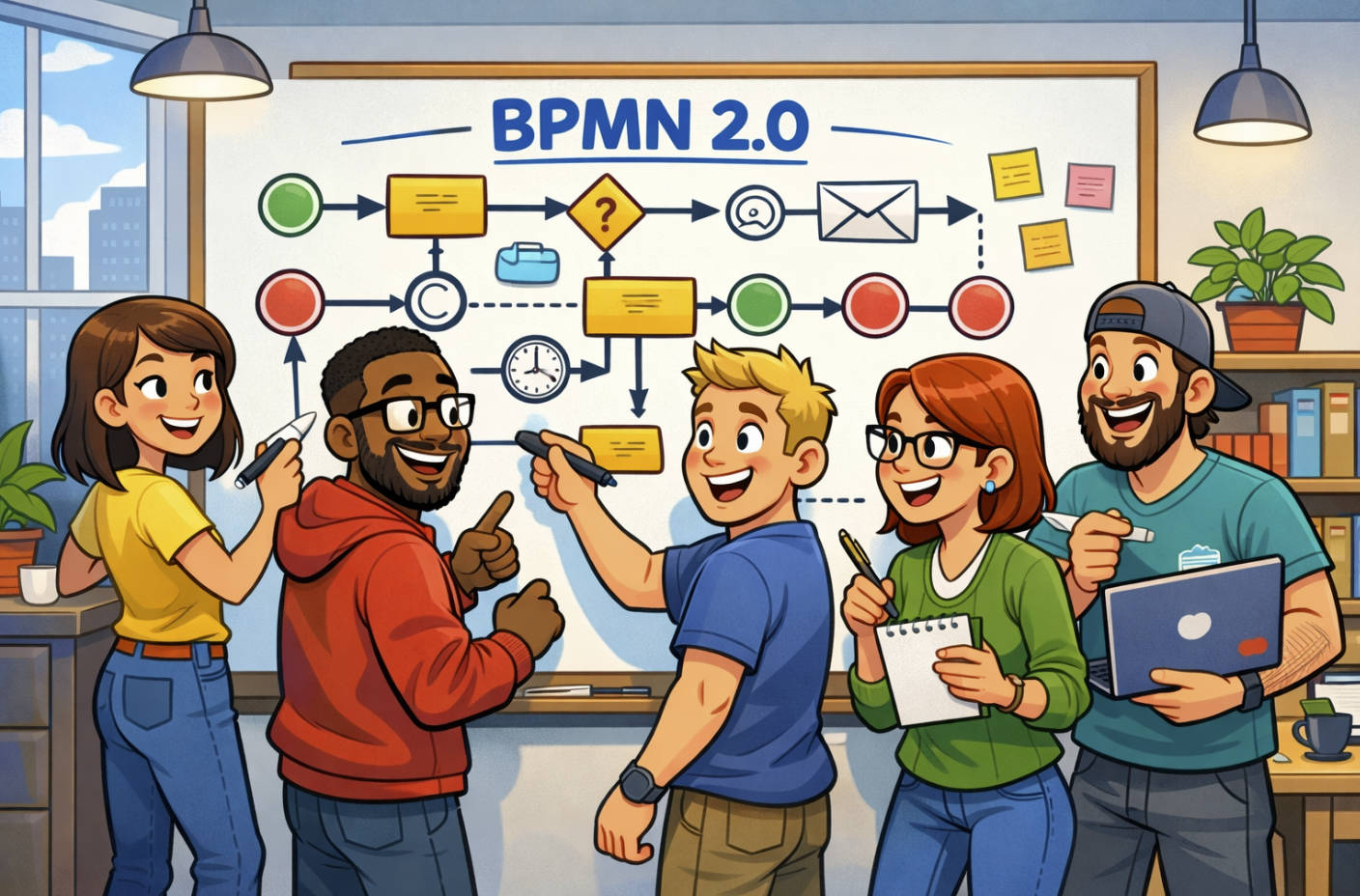👂 Why Listening Matters More Than Frameworks
Business process analysis often gets framed around methodologies, diagrams, and tools. While these are important, the most overlooked skill is simple yet transformative — listening. Active listening allows analysts to cut through noise, uncover real pain points, and build trust faster than any framework. Without it, even the best tools risk solving the wrong problems.
💡 When Listening Finds the Real Issue
Consider a project where weeks of documentation pointed toward expensive software upgrades. Yet, in a casual stakeholder conversation, one analyst listened closely and discovered the real issue — employees were never trained on existing tools. What could have become a six-figure technology project turned into a simple training program. Listening saved money and time while improving adoption.
In another case, multiple meetings debated redesigning an approval workflow. The analyst noticed stakeholders consistently mentioned “waiting on one person.” Instead of a full overhaul, the analyst recommended adding a backup approver. The fix was simple, effective, and only surfaced because someone listened beyond the formal requirements.
🤝 Listening Builds Trust and Buy In
Stakeholders want to feel heard before they want solutions. Analysts who prioritize listening show respect for people’s expertise and lived experiences. This creates psychological safety, where stakeholders share honestly about inefficiencies, frustrations, or risks.
When people feel heard, buy-in accelerates. They see themselves as part of the solution, not subjects of analysis. Listening is not passive — it is an active strategy for building trust and reducing resistance to change.
🔑 The Analyst’s Listening Toolkit
Analysts can sharpen their listening skills with small but powerful habits:
- Ask open-ended questions and avoid jumping to solutions.
- Paraphrase what was said to confirm understanding.
- Notice tone, pauses, and what is left unsaid.
- Allow silence — it often encourages deeper reflection.
- Capture not only what is said but why it matters.
These techniques turn stakeholder interviews from surface-level Q&A into rich discovery sessions that reveal true business needs.
🚀 Why Listening Beats Logic in the Age of AI
AI excels at analyzing data, mapping workflows, and identifying patterns. But AI cannot pick up subtle emotions, cultural nuances, or unspoken frustrations in the workplace. That is where listening becomes irreplaceable.
Analysts who combine active listening with AI insights can identify not just what processes are broken, but why. This fusion of human empathy and machine analysis creates solutions that are both efficient and people-centered.
🌟 Final Thoughts
The future of business process analysis is not just about automation or frameworks. It is about analysts who know how to listen. Active listening uncovers the root issues faster than documentation marathons, builds stakeholder trust, and ensures solutions stick. In an era where AI handles logic, listening becomes the human advantage that makes transformation possible.






